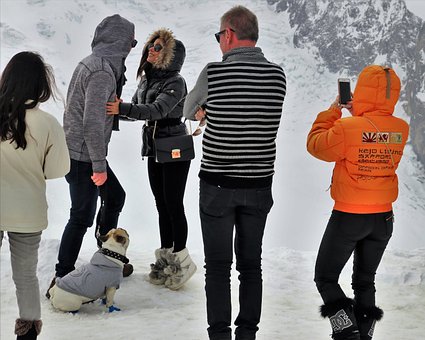You don’t choose your family.
They are God’s gift to you, as you are to them.
~Desmond Tutu~
Morals used to mean principles by which people lived. They were ways to make sense of the world, ourselves and our relationships. Morality was a word bandied about in this year’s election, but what does it really mean? I remember hearing a fair amount of talk about family values during the campaign without much explanation of any particulars.
When I listened closer, I did not hear much about what families, parents or children should do. Most of the focus was on what people should not do, such as abortion and gay marriage. This position implied that outlawing such practices would improve the quality of family life.
Even in families which profess strong adherence to a religion, there is still significant difficulty with infidelity, divorce, alcoholism, abuse and other problems. It does not appear that religious affiliation will always assure family harmony.
While the bible documents humanity’s struggle to come to terms with itself and with God, passages from the Bible have been used to justify genocide, war and many other destructive acts. It seems all too easy to forget there is a God who loves us all equally. Sometimes we are tempted to think we have special favor in God’s eyes and others are lesser beings.
Over the years, many religions have become institutionalized and fearful of growth. The end result can be a rigid set of rules, commanding what believers can and cannot do. At times, it seems there is more concern about the rules than about finding God. Some people appreciate a well defined path to salvation, absolving them of having to think about their path. Others have challenged tradition and forged their own way to God, sometimes being shunned or even executed for their efforts.
In the biblical story of the Magi, we learn about three wise men following a star in the heaven, avoiding entanglement in political intrigue and discovering Jesus, surrounded by animals and shepherds. There is something peaceful about this scene transcending traditional religions.
While moral guideposts can be helpful, we also need to look into our own hearts to see what lies there. What is important to us? Are we using the gifts God has given us to improve our lives and those of others whose lives we touch? Are we living what we believe instead of just professing our beliefs?
Spirituality transcends religion and connects us with God as well as with each other. In O Henry’s story, The Gift of the Magi, two spouses gave up their most precious possessions to enhance each other’s lives. It turned out that the things they gave up for themselves and bought for each other were less important than the love behind their choices. Our love for each other is the greatest gift God has given us. It is up to us to find ways we can share this gift with each other.
Action Steps
- What does family mean to you?
- Do you think of family rules or family love?Selection from my book
- Do you th aink some people are more deserving of love than others?
- How do you decide this?
- Would feeling loved change a person for the better?
Selection from my book, Navigating Life: Commonsense Reflections for the Voyage, available from Amazon.
